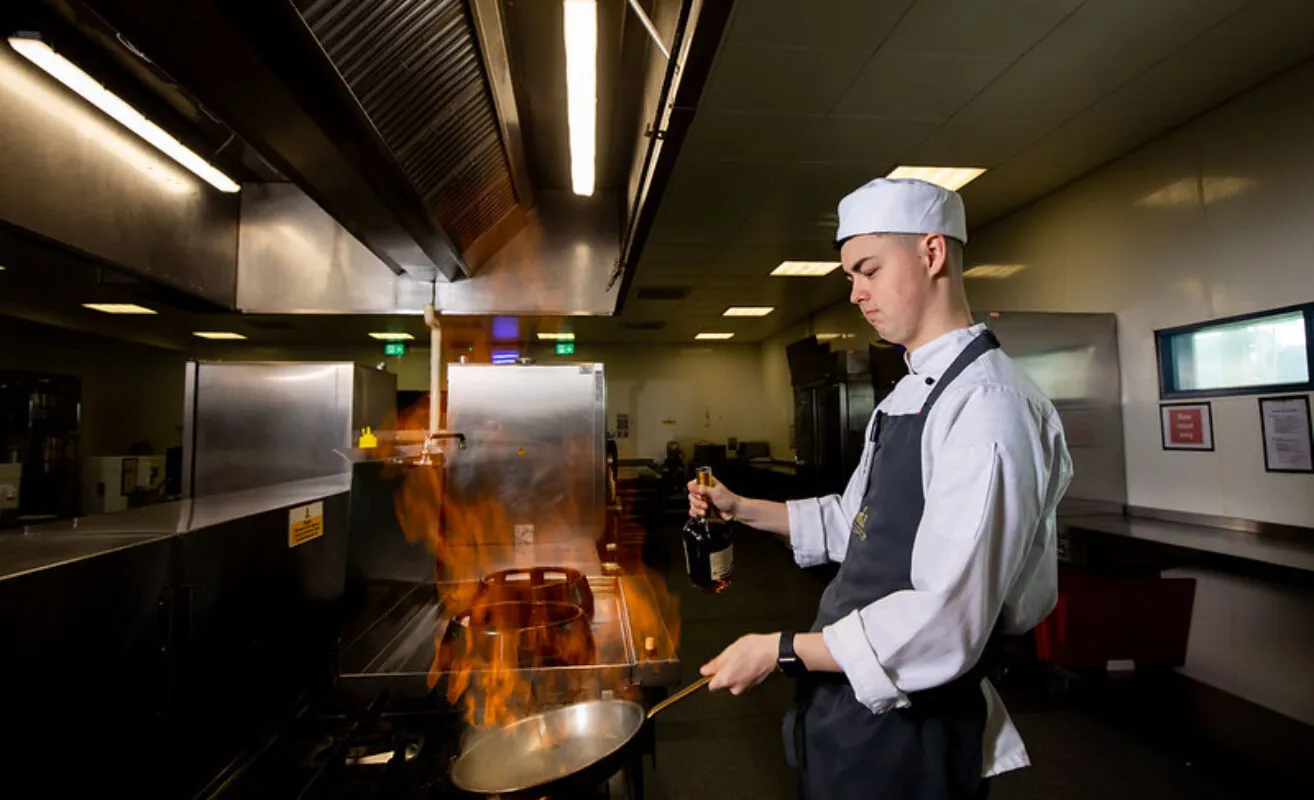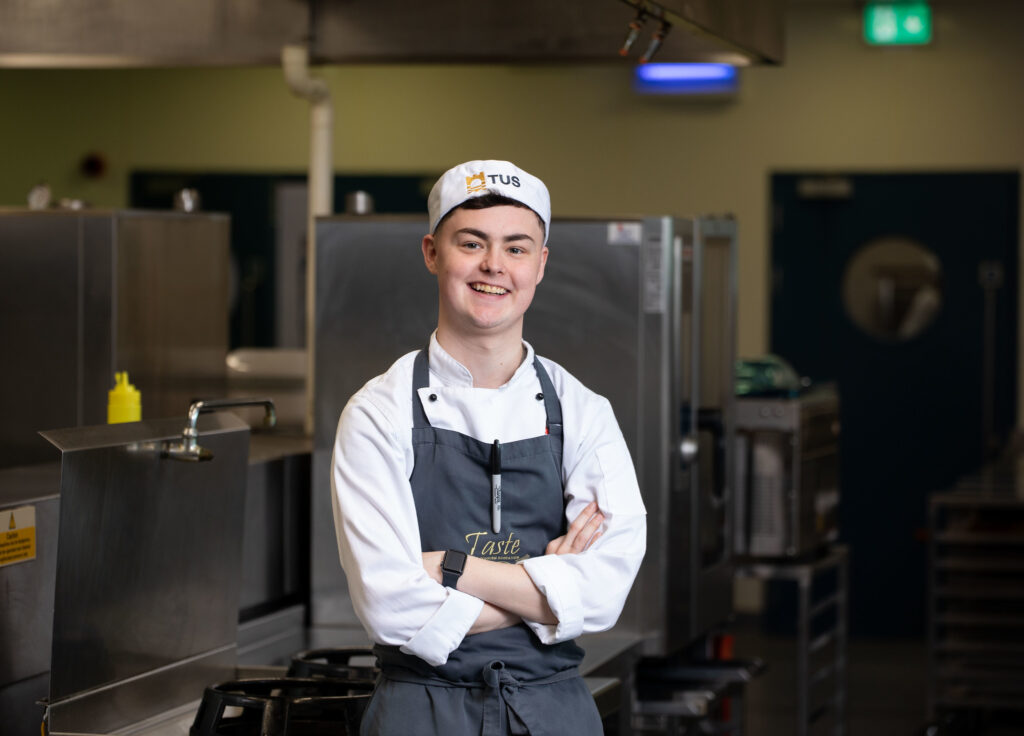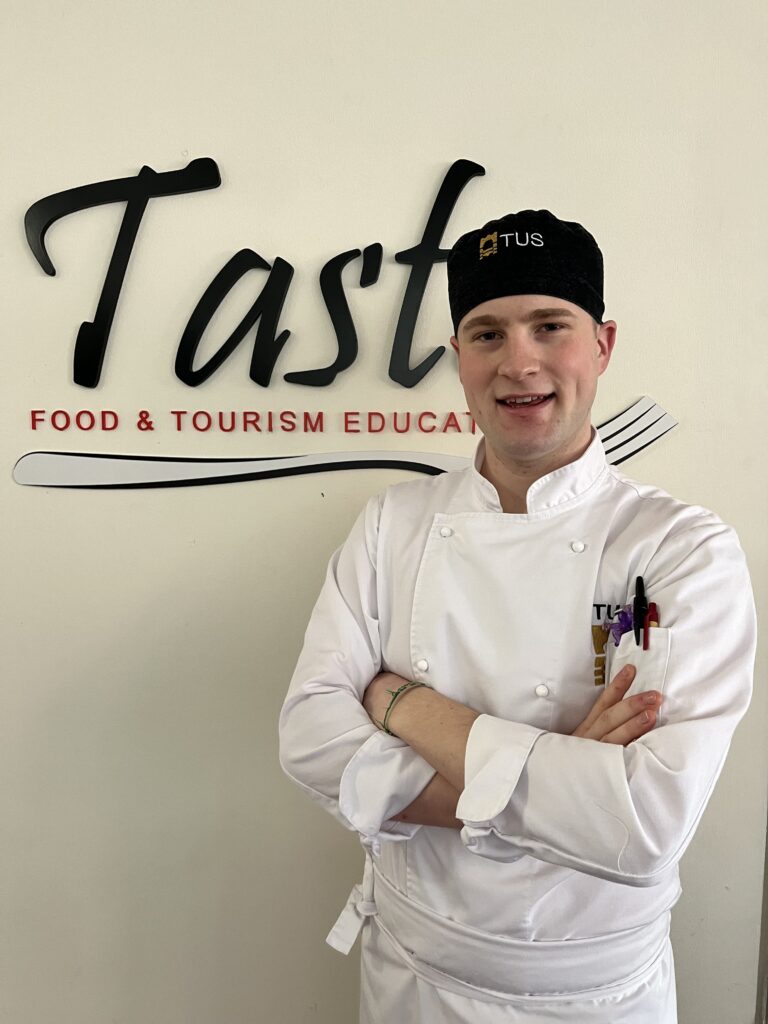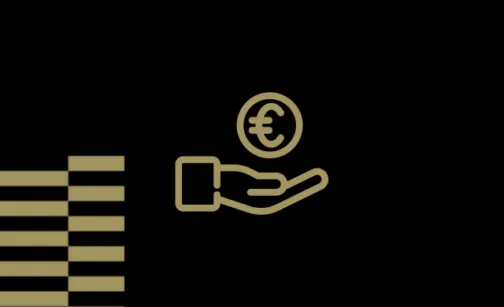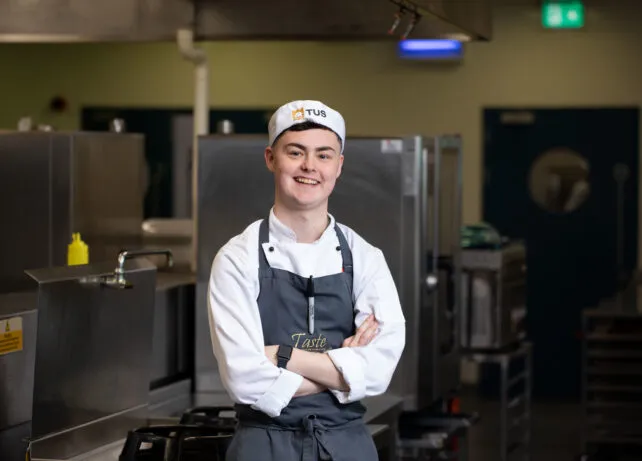Additional Information
TUS is delighted to be in an academic partnership with the Irish Hospitality Institute (IHI). This partnership offers students of the Department of Hospitality Tourism & Wellness, Moylish, Limerick and the Department of Hospitality, Tourism & Leisure, Athlone campus, complimentary membership of the professional body while they study at TUS. Members are connected with the wider IHI professional network, a great resource for those looking to learn more about the Irish hospitality industry while making valuable connections to support early-stage career decisions. Members have access to a wide range of learning and development resources including the IHI Mentors Matter programme which supports career progression and advancement of members. Graduates benefit from a further year’s complimentary membership of IHI.


